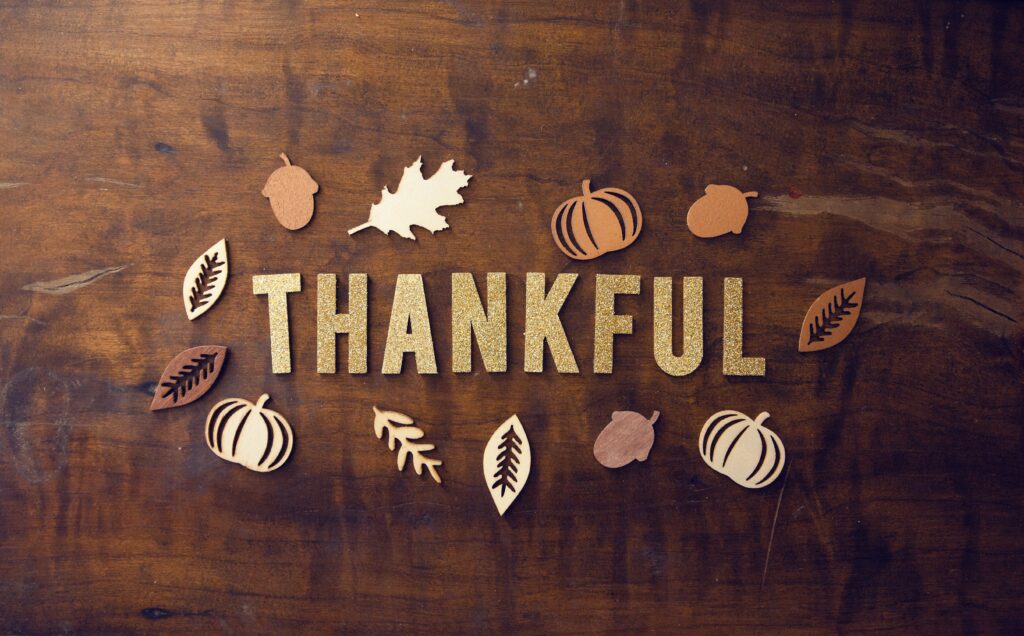
The Little Red Wagon. What an icon this was upon the face of 20th Century Americana. This little gem rolled into production around 100 years ago and immediately became a big hit with kids across the nation. The one we know best is the bright red Radio Flyer, named after inventor Marconi, and Lindbergh, an aviator, as a tribute to their grand accomplishments.
Kids around every neighborhood were instantly compelled to transport their belongings from place to place. Teddy bears, dollies, toys of all kinds were gleefully paraded to the inspection of all. The wagons were utilized to convey other kids as well. Who would have known that in the midst of a burgeoning industrial nation that mankind was so deficient such a medium of livery?
Perhaps the success was simply due to the novel idea of transport, though maybe, it’s a little deeper than that. You see each one of the wagons was transporting those belongings which were of the greatest import to the child. Could it be said that what was in that wagon was that with which the child so identified? Those belongings which the child cherished?
In many ways, those childhood wagons may have rusted, and been left behind many years ago, but in a way, we still have those little red wagons today. Maybe not the bright red physical wagons of our youth, but we pull them around behind us just the same, and they as well are filled with the essences of our lives. However, as we all continue to put on a few more miles, they become filled not solely with the “fluffies,” or pleasantries of our youth, but with the rest of life as well, the “brokens,” and the “hurts.” And sometimes, we’re are not all that anxious to parade those in front of a judging world.
I guess in a metaphorical way then, we have always had “wagons” of sorts trailing behind us. Adam. Eve. Noah. Abraham. Isaac. Jacob. Ruth. David. Peter. Paul. Kids, Parents. You, and me.
If ever there was a person in Scripture whose wagon was filled to overflowing with the brokens of life, it was the Samaritan woman at Jacob’s well; she enters the picture in John chapter 4 with a rusting squeaky wagon in tow (Read the entire story in John 4:4-42 for context). She is in desperate need of rescue; Christ crosses many boundaries in order to get to her. She was a Samaritan. She was a woman. She was alone. She comes seeking water.
Christ says, “Give Me a drink.”
Indeed, hers was a fully-laden vehicle. In her wagon were five failed marriages, shame, and insecurity. A lack of companions. Rejection. And she is openly living in the sin of adultery. She fails at every turn. Yet, Christ does not condemn her; He does not dismiss her, or her wagon. Rather, He seeks to add to it the blessing of faith and forgiveness–living water.
His claim is such: “Everyone who drinks of this water will thirst again; but whoever drinks of the water that I will give him shall never thirst; but the water that I will give him will become in him a well of water springing up to eternal life” (John 4:10).
It takes her just a bit to catch on to the magnitude of what is being offered, and who indeed is offering it, but eventually she begins to get it, and she asks “Sir, give me this water, so I will not be thirsty nor come all the way here to draw” (John 4:15).
Though she doesn’t quite have a full grasp of it, she knows her desire, and yet, she still does not know the fullness of her need, at least not until Christ begins to point out the contents of the wagon behind her. “He said to her, ‘Go, call your husband and come here.’ The woman answered and said, ‘I have no husband.’ Jesus said to her, ‘You have correctly said, “I have no husband”; for you have had five husbands, and the one whom you now have is not your husband; this you have said truly’” (John 4:16-18).
No doubt a little awkward she begins to sway the subject to one of worship–to anything else but her wagon. “The woman said to Him, ‘Sir, I perceive that You are a prophet. Our fathers worshiped in this mountain, and you people say that in Jerusalem is the place where men ought to worship’” (John 4:19-20).
Christ responds with a picture of a coming day, when true worshipers will rightly worship the true God.
“The woman said to Him, ‘I know that Messiah is coming (He who is called Christ); when that One comes, He will declare all things to us.’ Jesus said to her, ‘I who speak to you am He’” (John 4:25-26).
Boom!
Though the disciples later question His motive to speak with her, His divine intention is clear–to deliver her from the heavy burden of her life.
The story is a testament to the depths the gospel is able to go. She meets the Messiah. She believes. And her witness to the community brings others to believe. Every one of us who have tasted of that eternal refreshment can identify with that women.
Now, I will say that even subsequent to forgiveness, those little wagons are not emptied, at least not on this earthen path. Hopefully, some elements are removed and the load is lightened (i.e. fear, sadness, anger, regret, etc.), but many of those components which have so aided in determining who we are still remain; they are part and parcel to our beings.
Like Jesus, every day we come across people in our own journeys who are towing little red wagons. We find them at the store. At the gas station. At the post office. In the park, and at work. And even in our own homes. People who don’t even realize that they are pulling a wagon, and we have a choice. We may heap more weight upon their already heavy burden, or we may be agents of mercy.
Like Christ, I pray that we would respond well. May we add to their load an abundant measure of truth, and grace. Of faith. Of Life. Oh! And of course, of Living Water!
[The Shepherd’s Echo is a previously published TheShepherdsPen]






